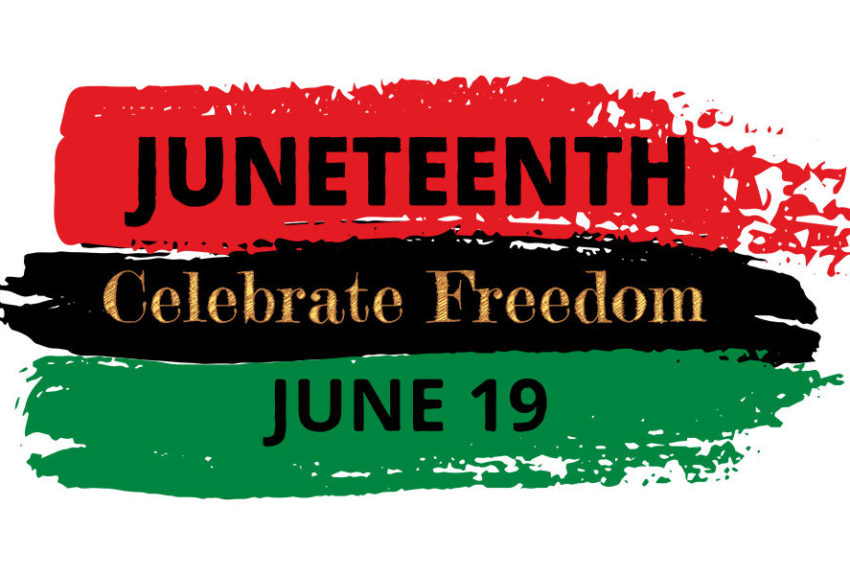By recognizing Juneteenth, we seek to raise awareness, provide education and honor freedom. Acknowledging Juneteenth and making statements against racism are important first steps. But this is just the start.
There is always work to be done in the fight for social justice in all forms. Recognizing Juneteenth while sharing information about its meaning and history is how we start to disrupt racist attitudes, behaviors and beliefs in the pursuit of freedom from systemic and institutional oppression.
June 19 is officially Juneteenth National Independence Day, a federal holiday commemorating the end of slavery in the United States. It commemorates June 19, 1865, the day that Union Army Maj. Gen. Gordon Granger rode into Galveston, Texas, and told enslaved people of their emancipation. That day came more than two years after President Abraham Lincoln issued the Emancipation Proclamation on January 1, 1863.
Although President Lincoln signed the Emancipation Proclamation ending the practice of slavery in the Confederacy in 1863, many southerners sought to evade the executive order by moving enslaved people to Texas, the most Western of the slaveholding states. However, it wasn’t until the summer of 1865 when Union troops arrived in Galveston and finally freed more than 250,000 Black Americans.
Enslaved people were then formally emancipated, and in December 1865, slavery was officially abolished by the 13th Amendment
More than 150 years later, Juneteenth became a federal holiday in 2021. Also known as Jubilee Day, Freedom Day and Emancipation Day, it is one of the most important anniversaries in our nation’s history. Juneteenth is the oldest nationally celebrated commemoration of the ending of slavery in the United States. Once a holiday that originally commemorated the final abolition of slavery, Juneteenth is now a broader celebration of freedom and achievement.
Juneteenth is not only a celebration of freedom for people of color, but also one of opportunity, equity and access. That must not be lost in the celebration. We recognize the racial and social inequalities that continue to exist in our society. As Maya Pendleton wrote for the Center for the Study of Social Policy, “Juneteenth asks us to consider the promises of freedom not yet fully realized in the United States.” Juneteenth also represents that freedom for people of color continues to be delayed by ongoing systemic and institutional oppression.
In celebration and recognition of Juneteenth, please consider participating in one of these local events.
Local Juneteenth Celebrations and Events
Colors of Freedom Tour: CLICK HERE.
Potsdam Juneteenth Celebration: CLICK HERE.


 Previous Post
Previous Post


